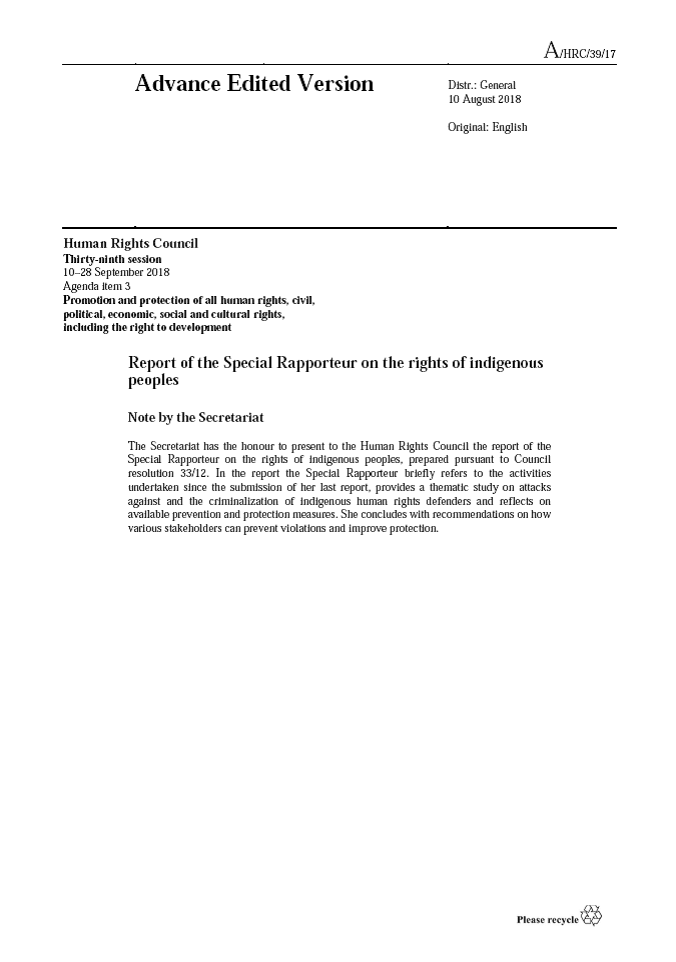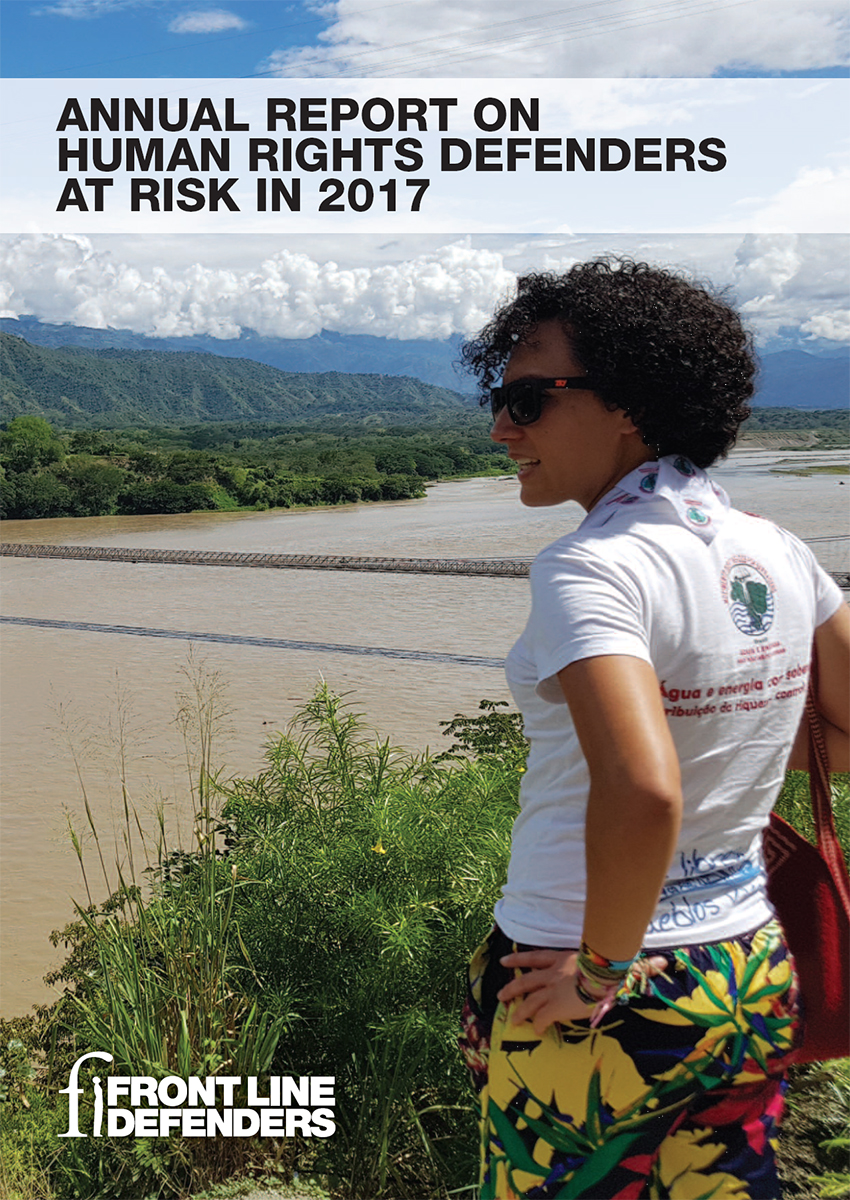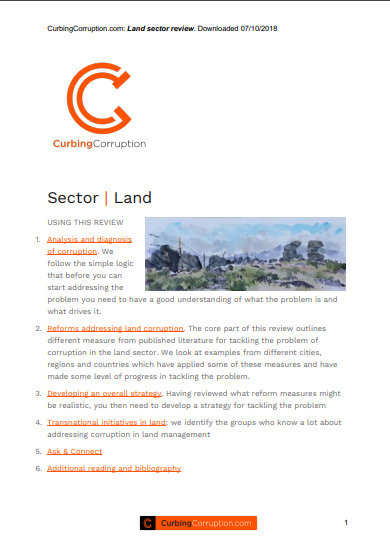Attacks and criminalization of Indigenous Peoples defending their lands and rights
The Secretariat has the honour to present to the Human Rights Council the report of the Special Rapporteur on the rights of indigenous peoples, prepared pursuant to Council resolution 33/12. In the report the Special Rapporteur briefly refers to the activities undertaken since the submission of her last report, provides a thematic study on attacks against and the criminalization of indigenous human rights defenders and reflects on available prevention and protection measures. She concludes with recommendations on how various stakeholders can prevent violations and improve protection.







